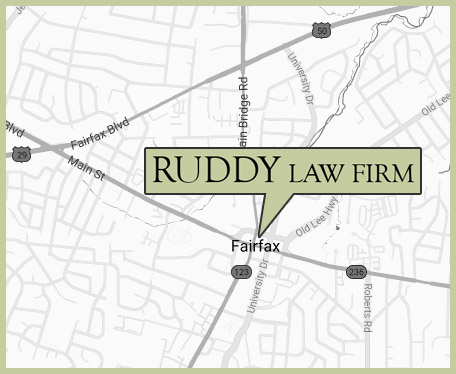Trust Administration Overview
Trust administration refers to the process of managing and distributing assets held in a trust after the trust creator (grantor) passes away or becomes incapacitated. Here are the key aspects of trust administration in Virginia:
1. Roles Involved:
-
- Trustee: The person or entity appointed to manage the trust assets and carry out the instructions laid out in the trust document.
- Beneficiaries: Individuals or entities named in the trust who are entitled to receive benefits or assets according to the trust terms.
2. Kew Responsibilities of the Trustee:
-
- Asset Management: The trustee is responsible for managing trust assets prudently and in accordance with the trust’s terms and applicable laws.
- Accounting and Reporting: Trustees must keep accurate records of all trust transactions and provide periodic accountings to beneficiaries as required.
- Communication: Trustees have a duty to communicate with beneficiaries and keep them informed about trust administration matters.
- Distribution: Trustees distribute trust assets to beneficiaries as specified in the trust document, following any conditions or timelines outlined.
3. Legal Requirements and Procedures:
-
- Probate Avoidance: One of the primary advantages of trusts is avoiding probate, a court-supervised process of estate administration.
- Virginia Trust Code: Trust administration in Virginia is governed by the Virginia Trust Code, which outlines the rights, duties, and responsibilities of trustees and beneficiaries.
- Court Involvement: In some cases, court involvement may be necessary, such as resolving disputes among beneficiaries or approving certain actions by the trustee.
4. Challenges and Considerations:
-
- Tax Considerations: Trust administration involves tax considerations, including income tax, estate tax, and potentially generation-skipping transfer tax.
- Complexity: Trust administration can be complex, especially for larger or more intricate trusts. Professional legal and financial advice is often crucial.
- Beneficiary Rights: Beneficiaries have rights to information about the trust and may challenge trustee actions if they believe there has been a breach of fiduciary duty.
5. Legal Assistance:
-
- Legal Expertise: Given the complexities involved, trustees often seek legal assistance from experienced trust attorneys to navigate Virginia’s trust laws and ensure compliance with all legal requirements.






